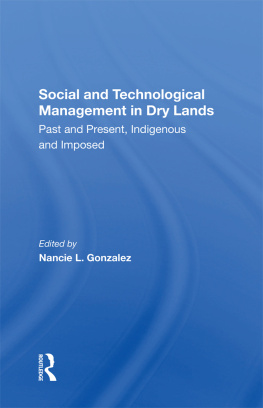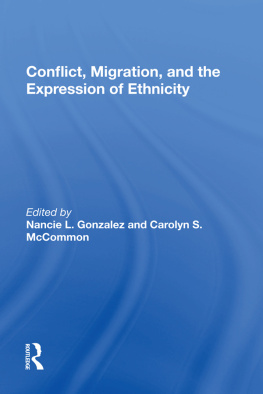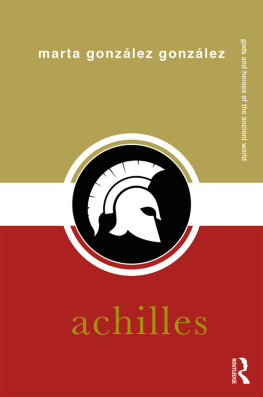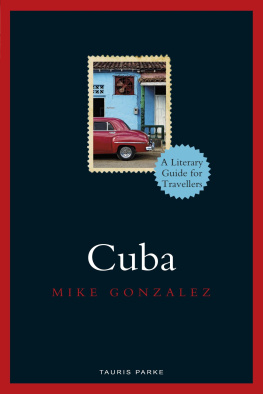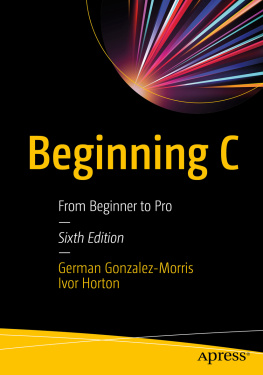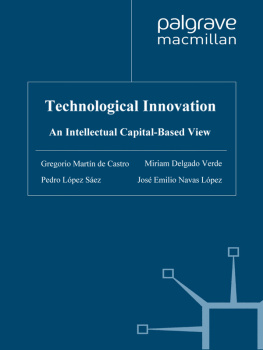Social and Technological Management in Dry Lands
Past and Present, Indigenous and Imposed
AAAS Selected Symposia Series
Social and Technological Management in Dry Lands
Past and Present, Indigenous and Imposed
Edited by Nancie L. Gonzalez
First published 1978 by Westview Press
Published 2019 by Routledge
52 Vanderbilt Avenue, New York, NY 10017
2 Park Square, Milton Park, Abingdon, Oxon OX14 4RN
Routledge is an imprint of the Taylor & Francis Group, an informa business
Copyright 1978 by the American Association for the Advancement of Science
All rights reserved. No part of this book may be reprinted or reproduced or utilised in any form or by any electronic, mechanical, or other means, now known or hereafter invented, including photocopying and recording, or in any information storage or retrieval system, without permission in writing from the publishers.
Notice:
Product or corporate names may be trademarks or registered trademarks, and are used only for identification and explanation without intent to infringe.
Library of Congress Number: 77-93023
ISBN 13: 978-0-367-28779-5 (hbk)
About the Book
Recent international attention has focused on desertification and its concomitants , especially the diminution of flora and fauna in arid and semiarid lands and the resulting reduction in the economic value of those lands. Natural factors such as drought and wind erosion, as well as various technological practices, have been blamed for the present situation in many countries. Most observers agree that human beings have been both perpetrators and victims of desertification.
Anthropologists have long been interested in documenting hew different societies have affected and been affected by their environments. The papers in this volume present ease studies of societies ranging from ancient Peru to contemporary Israel, along with several topically oriented works. All are designed to illustrate how various societies--whether by water management or by the exploitation of plants and animals--have attempted to achieve ecological balance. Social organization and ideology as well as technology are discussed as important variables affecting the ways in which populations adapt to, or cope with, desertification.
Contents
--Nancie L. Gonzalez
--Michael E. Moseley
--Susan H Lees
--H.Bedoian
--F. S. Vidal
--Richard S. Felger and Gary P. Nabhan
--John W. Bennett
--Sharon E. Nicholson
--Priscilla Copeland Reining
- Chapter 1
- Chapter 3
- Chapter 4
- Chapter 5
- Chapter 6
- Chapter 1
- Chapter 3
- Chapter 5
The AAAS Selected Symposia Series was begun in 1977 to provide a means for more permanently recording and more widely disseminating some of the valuable material which is discussed at the AAAS Annual National Meetings. The volumes in this Series are based on symposia held at the Meetings which address topics of current and continuing significance, both within and among the sciences, and in the areas in which science and technology impact on public policy. The Series format is designed to provide for rapid dissemination of information, so the papers are not typeset but are reproduced directly from the camera copy submitted by the authors, without copy editing. The papers are reviewed and edited by the symposia organizers who then become the editors of the various volumes. Most papers published in this Series are original contributions which have not been previously published, although in some cases additional papers from other sources have been added by an editor to provide a more comprehensive view of a particular topic. Symposia may be reports of new research or reviews of established work, particularly work of an interdisciplinary nature, since the AAAS Annual Meeting typically embraces the full range of the sciences and their societal implications.
WILLIAM D. CAREY
Executive Officer
American Association for
the Advancement of Science
William H. Bedoian is a fellow in human biology in the Department of Anthropology, Pennsylvania State University. He specializes in human biological and behavioral responses to ecological constraints in arid lands and in the applications of the hitman ecology approach to problems of developing nations in arid regions.
John W. Bennett is professor of Anthropology at Washington University, St. Louis , and visiting professor at the Land Tenure Center, University of Wisconsin-Madison. His interests are economic and ecological anthropology, with special applications to market agrarian economies. He has carried out extensive research in agricultural societies in North America, Japan, Taiwan, and India, including an ongoing, decade-long study of agricultural development and management under the environmental and economic constraints existing in Western Canada.
Richard S. Felger is a research associate with the Arizona-Sonora Desert Museum, Tucson. Re specializes in arid lands and new agricultural systems, and is an adjunct associate professor, Department of Ecology and Evolutionary Biology, University of Arizona. He is the author of numerous publications in these areas, including "Seri Indian Food Plants: Desert Subsistence Without Agriculture" ( Ecology of Food and Nutrition, 5(1), 1976).
Nancie L. Gonzalez , vice-chancellor for academia affairs, University of Maryland, was formerly program director for Anthropology, Division of Behavioral & Neural Sciences, National Science Foundation. She is the author of A Heritage of Pride: The Spanish-Americans of New Mexico (University of New Mexico Press, 1969) and Saga of Santiago: Development & Dependency in the Dominican Republic (Institute for the Study of Human Issues, in press).
Susan H. Lees is associate professor of Anthropology at Hunter College, CUNY, and an associate with the Columbia University Seminar on Ecological Systems and Cultural Evolution. She is the author of numerous publications, including Socio-political Aspects of Canal Irrigation in the Valley of Oaxaca, Mexico (University of Michigan, 1973).
Michael E. Moseley , associate curator of Middle and South American Archaeology and Ethnology, Department of Anthropology, Field-Museum of Natural History, Chicago, specializes in social patterns in Andean archeology and has recently published "Organizational Preadaptation to Irrigation: The Evolution of Early Water-Management Systems in Coastal Peru " in Irrigation's Impact on Society., T. E. Downing and M. Gibson, eds. (University of Arizona Press, 1969).
Gary P. Nabhan is a graduate research assistant in the Department of Plant Sciences, University of Arizona, and at the Arizona-Sonora Desert Mudewn. He specializes in agricultural ecology and arid land ethnobotany and is concerned with the conservation of rare desert crop plants grown by American Indians. He has published in the areas of domestication of desert plants and native American agriculture.
Sharon E. Nicholson is a postdoctoral fellow in the Advanced Study Program, National Center for Atmospheric Research, Boulder. Her area of specialization is historical climatology of Africa, and she has conducted research in Senegal and East Africa. She is the author of "Saharan Climates in Historic Times" in The Sahara and the Nile, H. Faure and M.E.J. Williams , eds. (in press).


